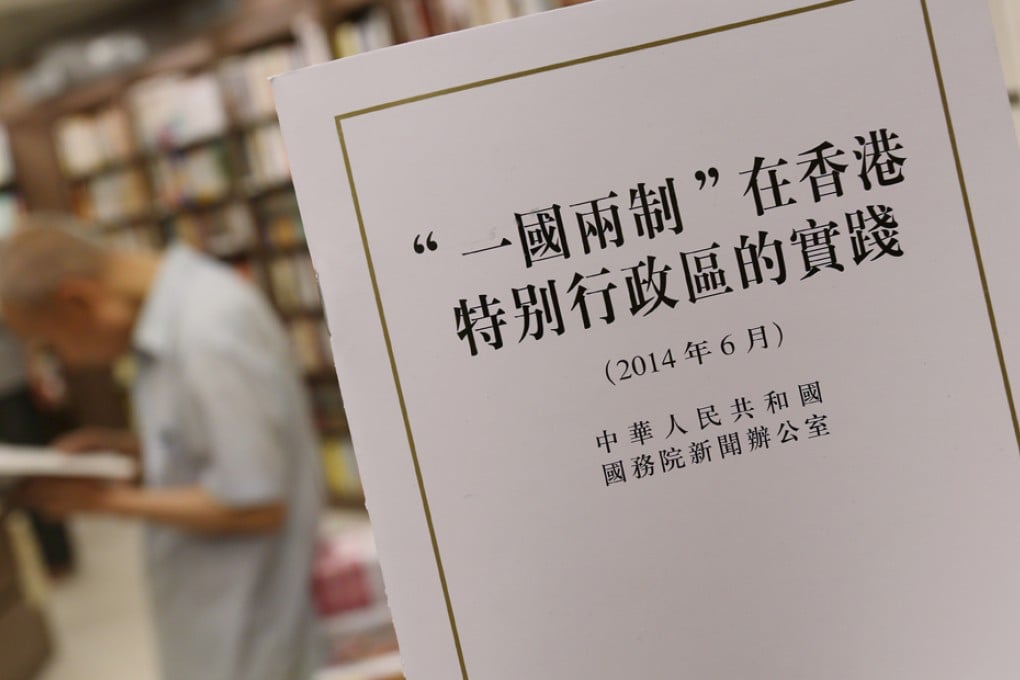Lai See | White paper triggers heated debate
We have been dragged into the debate over the white paper by a sharp-eyed reader. He notes that the government's executive power appears to have diminished in the white paper.

We have been dragged into the debate over the white paper by a sharp-eyed reader. He notes that the government's executive power appears to have diminished in the white paper.
The Sino-British Joint Declaration stated in Item 3 (3): "The HKSAR will be vested with executive, legislative and independent judicial power, including that of final adjudication." Six years later, the Basic Law declared in Article 2 of Chapter 1: "The National People's Congress authorises the HKSAR to exercise a high degree of autonomy and enjoy executive, legislative and independent judicial power, including that of final adjudication, in accordance with the provisions of this law."
About 24 years later, the white paper says in the second paragraph of Section 1 that "the HKSAR would be vested with legislative and independent judicial power, including that of final adjudication", omitting the usual reference to executive power. Maybe it was a Freudian slip, given the impression that "one country, two systems" is wearing rather thin these days.
Others have observed that the document does not contain anything that has not been said before. Yet that does not seem to be true, as the Hong Kong Bar Association has indicated in its sharp disagreement over the way the judiciary's role is described in the document. But just suppose that we agree that there is nothing new in the white paper, what is its purpose?
It reminds everyone that the high degree of autonomy enjoyed by Hong Kong is authorised by the NPC, and there seems to be an implication that it could be removed by that body. And as yesterday's article in the suggests, the white paper attempts to recast the debate over political reform in Hong Kong and make it an issue of national security, which is synonymous with the maintenance of the Communist Party. Together with references to the People's Liberation Army garrison here, the document is intended as a warning to Hong Kong people to pull their heads in and stop protesting.
Occupy Central is a particularly touchy issue, which ironically appears to have received a boost from the white paper. But just suppose a few hundred thousand turn out for that, with the possibility of more for the July 1 protest march. These events will be viewed by mainland visitors. It is not too much of a stretch to wonder how a leadership concerned about the need to maintain the perception of control might worry about an Occupy Guangzhou or Occupy Tianjin.
You just have to hope that there are enough people within the leadership urging restraint with respect to these matters in Hong Kong, though as Zhao Ziyang found to his cost in 1989, this approach did not end well for him.

